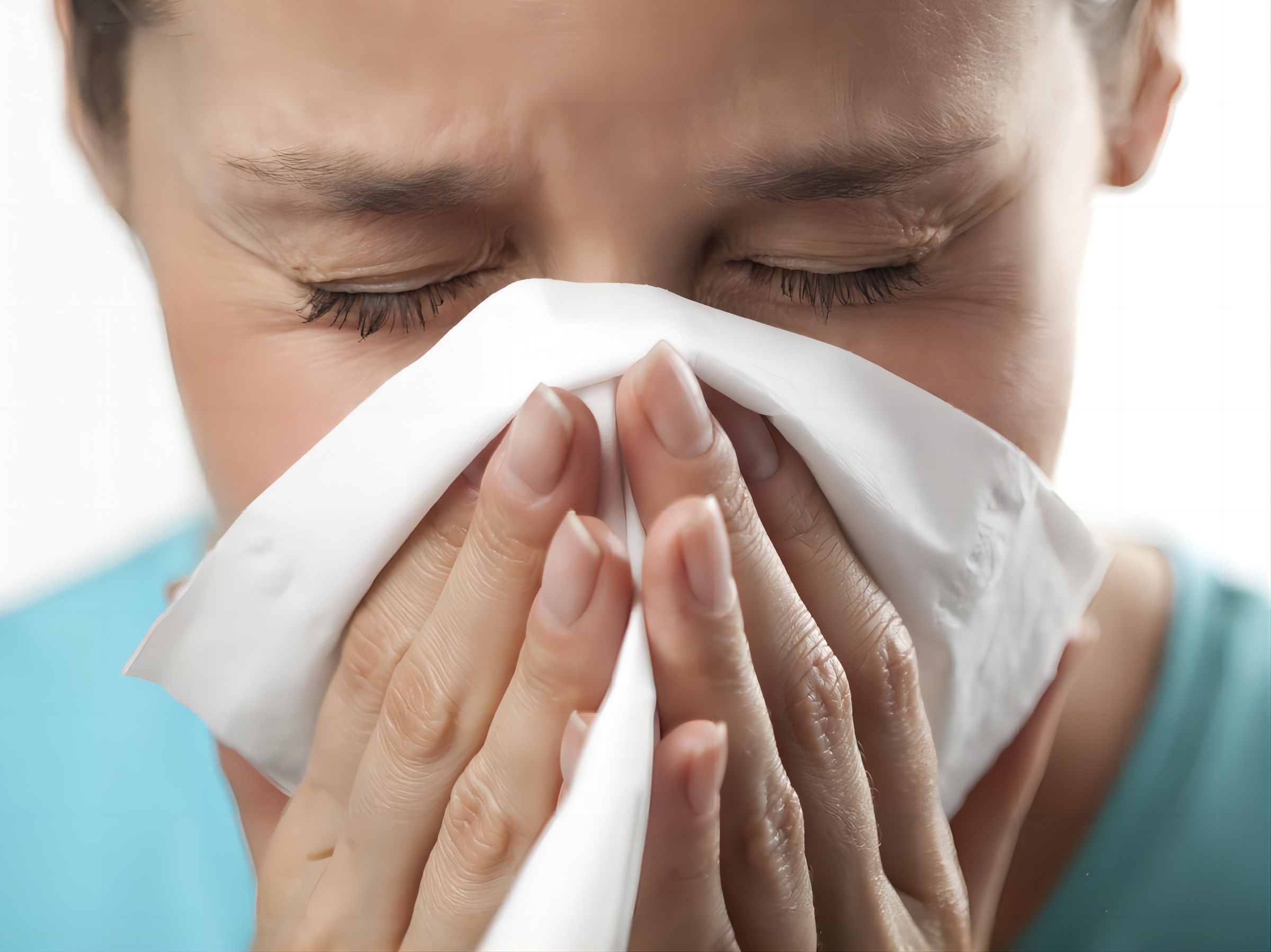The most common disease that people usually suffer from is a cold. It is observed that the period from December to February is the peak season for colds due to the drastic changes in weather temperature. To deal with a cold, medical experts suggest remembering seven points of hygiene knowledge, which can be more effective than relying solely on medication.
1. Most Colds Are Caused By Viruses And Only A Small Portion Are Caused By Bacteria
Most colds are caused by viruses, and antibiotics don’t work against them. Viruses like rhinovirus, influenza viruses, parainfluenza viruses, coronaviruses, and coxsackie viruses cause over 90% of colds. Bacterial infections cause only about 10%, and antibiotics only help with bacterial infections. It’s important to know this, so you don’t take antibiotics when you don’t need them.
2. White Blood Cell Count Can Determine What Kind Of Infection It Is
To determine whether you have a viral or bacterial cold, you can get a routine blood test at the hospital after catching a cold. If the test shows that your white blood cell count is significantly higher than normal, it usually indicates a bacterial infection that requires antibiotic treatment. Conversely, in viral infections, the white blood cell count is often low.
3. When The Body Temperature Rises To 38°C, The Virus Cannot Reproduce
Many cold patients experience discomfort due to an increased body temperature. However, what most people don’t know is that fever is the body’s way of fighting off viruses. Viruses are sensitive to temperature and when the body temperature rises to 38°C, it becomes difficult for the virus to reproduce or form new viruses. Moreover, a body temperature of 38°C is relatively easy for most people to bear and helps in the formation of antibodies. If a child has a fever of 38°C and is given antipyretics to lower the body temperature, it can lead to longer illness as the virus will continue to multiply. Antipyretics should only be given when the body temperature rises to 38.5°C.
4. Colds Are Most Easily Contagious From The First 2 Days To The Next 3 Days
If you have caught a cold virus, you can already spread it to others two days before you start showing any symptoms. The most contagious period for this virus is from two days before the onset of a cold to three days after. During winter, it is recommended to avoid crowded places with poor air circulation to reduce the risk of catching or spreading a cold.
5. The Typical Duration Of A Cold Is Either 1, 3, 5, Or 7 Days
The common cold has a pattern of 1, 3, 5, 7. If it doesn’t improve in one day, it may take three days, five days, or even up to seven days to recover. This pattern is related to the virus’s ability to reproduce and the toxicity of the virus. The virus reproduces periodically, and if it’s not eliminated during this period, it may return once it has had time to reproduce. Hence, there is a time frame from the moment the drug is administered until the virus is eliminated, and there may be repetitions in between. It’s essential to avoid taking antibiotics just because the cold hasn’t improved after three to five days.
6. It Is Not Recommended To Use Multiple Cold Medicines Together
When it comes to taking cold medicine, it is important to use “less but more essence”. This means that instead of using multiple drugs, one effective drug should be used. Using a combination of cold medicines can result in an overdose of antipyretic analgesics and antihistamines, which can lead to adverse reactions or even poisoning. It is common for people with a cold to take antibiotics, antipyretic analgesics, and Chinese patent medicines together, but this approach is very unsafe. Especially for elderly people who often suffer from multiple diseases, using two or three medicines together, or even five or six medicines at the same time, is not recommended. In fact, statistics show that when five drugs are used together, the incidence of adverse reactions is 18.6%, and when more than six drugs are used at the same time, this incidence can increase to 81.4%. Therefore, it is better to use one effective drug at a time, and avoid using multiple drugs together.
7. Elderly People Should Take Medicine Without Delay
Many young people can recover from a cold without medication within a week. However, for people over 60 years of age, especially those with chronic bronchitis, diabetes, heart disease, and high blood pressure, their immune function may be weakened. A common cold can be a serious illness for them, and if not treated properly, it could lead to complications such as pneumonia. It is essential to manage the symptoms and seek medical attention if necessary to avoid any further health complications.

